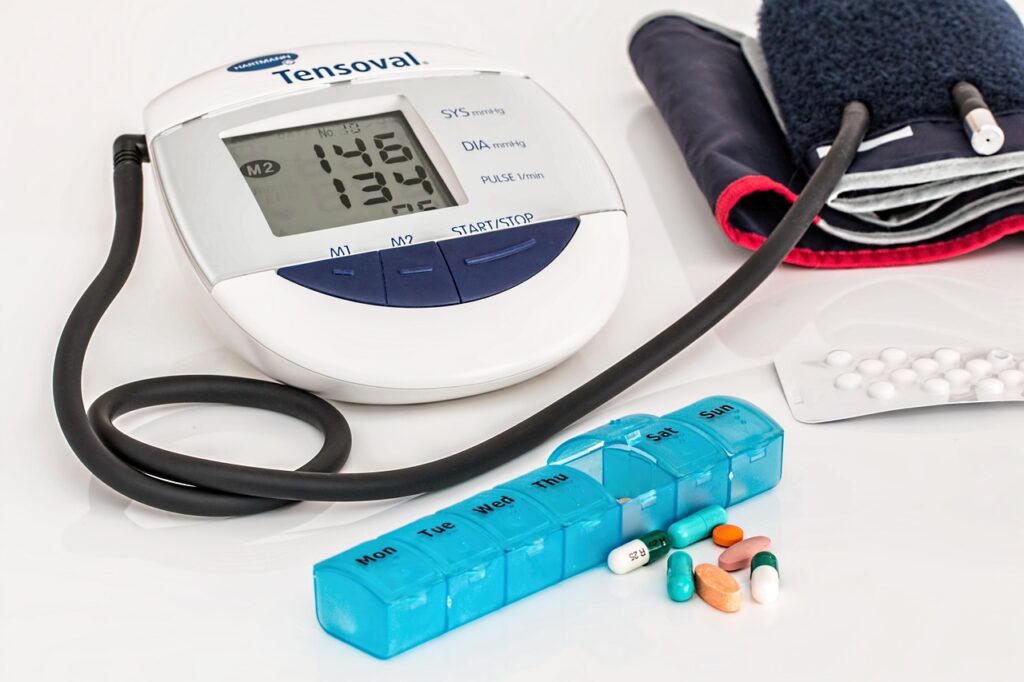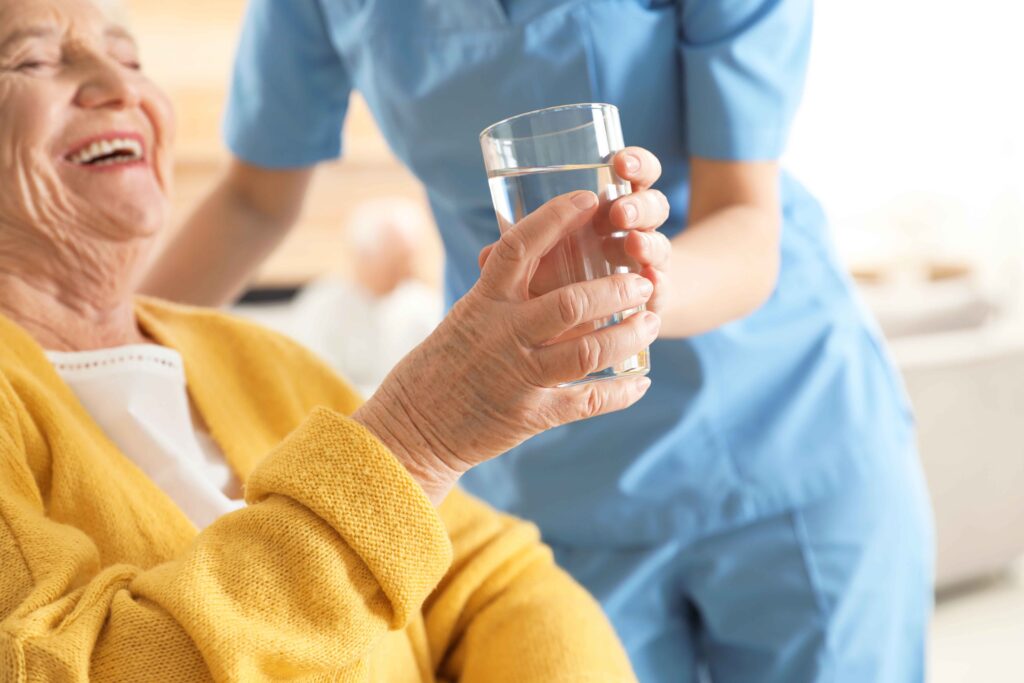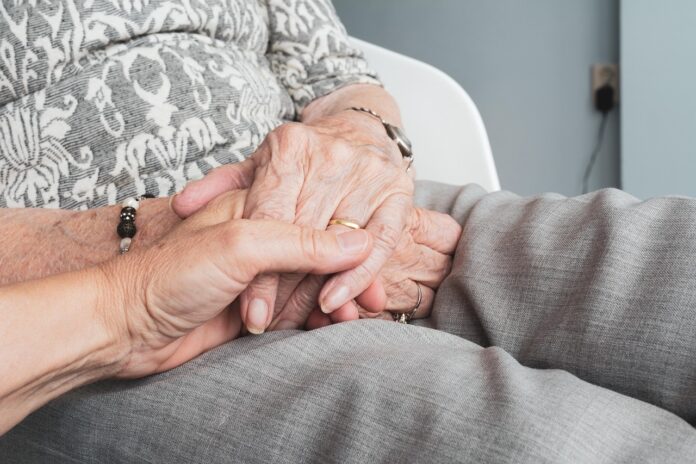Helping elderly patients manage medications effectively is essential, especially when precise dosing is required. However, it’s important to follow safety guidelines to prevent dosage errors and ensure proper use. Caregivers should ensure that the medication is safe to divide and always supervise the process. By incorporating smart practices, both patients and caregivers can enhance medication adherence and reduce the risk of complications related to improper drug intake.
Medication Management for Seniors
Proper medication management is vital for elderly patients. Always follow the prescribed schedule, and use a pill splitter if dosages need to be adjusted safely. Store medicine in a cool, dry place. Keep a medication log and review it regularly with a healthcare provider. Dispose of expired drugs properly to avoid confusion. Never mix medications without professional advice, and ensure instructions are clearly understood and followed.
Avoiding Interactions and Overdoses
Be cautious about combining prescription medications with over-the-counter drugs or supplements. Discuss potential interactions with a pharmacist. Reduce the risk of overdose by using medication organizers. Double-check labels before every dose and seek clarification when in doubt. Keep emergency numbers accessible in case of adverse reactions. Family members and caregivers should remain attentive to changes in health after new medications are introduced.

Fall Prevention at Home
Falls are a leading cause of injury among seniors. Secure rugs and remove clutter from all walking spaces. Install grab bars in the bathroom and along stairwells for increased safety. Ensure all areas are well-lit, especially at night. Encourage wearing non-slip footwear indoors. Avoid using unstable furniture for support. Physical therapy can also help improve balance and strength to reduce fall risk.
Safety Enhancements in Every Room
Use non-slip mats in bathrooms and kitchens. Raise toilet seats and install handrails. Avoid extension cords crossing paths. Place frequently used items within easy reach to prevent stretching or climbing. Install automatic nightlights in hallways and bathrooms. Make sure chairs and sofas are firm and stable to assist sitting and standing more safely. Every room should prioritize mobility and ease of navigation.
Nutritional and Hydration Awareness
Proper nutrition and hydration help the elderly maintain strength and cognitive function. Caregivers should monitor daily water intake and encourage regular meals. Prepare balanced meals rich in fiber, protein, and essential vitamins. Keep healthy snacks within reach when hungry between meals. Avoid processed and overly salty foods. Track appetite changes, as they might indicate health issues. Consult a dietitian if necessary.

Emotional and Mental Well-Being
Mental health is as important as physical safety. Encourage regular social engagement, such as phone calls or hobby groups. Caregivers should watch for signs of depression or confusion. Maintain a daily routine to provide structure and reduce anxiety. Provide reading materials, puzzles, or music to stimulate the mind. Respect autonomy while offering help, allowing seniors to feel dignified and empowered.
Emergency Preparedness and Communication
Always be prepared for emergencies. Have a plan for fires, severe weather, or medical issues. Place emergency numbers near every phone. Keep a list of medical conditions, medications, and allergies in an accessible place. Ensure smoke detectors are functional and tested regularly. Encourage the elderly to wear medical ID jewelry if needed. Install at least one carbon monoxide detector near sleeping areas.
Caregiver Health and Support
Caregivers must also care for themselves. Fatigue affects attentiveness and decision-making. Schedule regular breaks and request support when needed. Join support groups to share experiences and advice. Learn proper lifting techniques to avoid injury when assisting with mobility. Maintain healthy eating and sleeping habits. Keeping caregivers safe and mentally strong helps ensure the best care for elderly patients.




